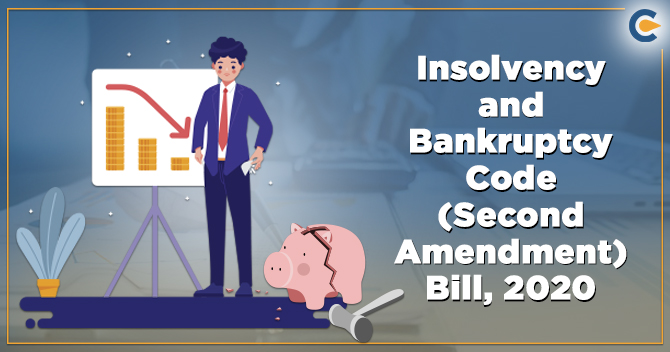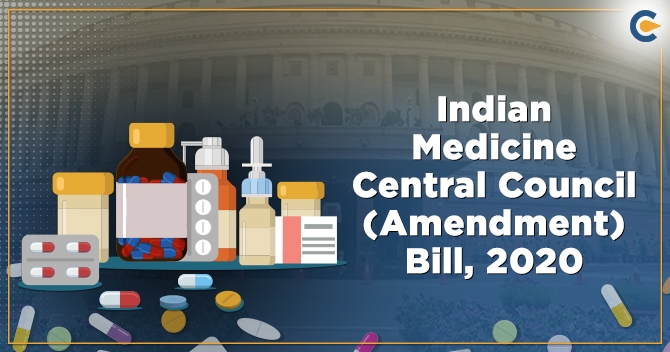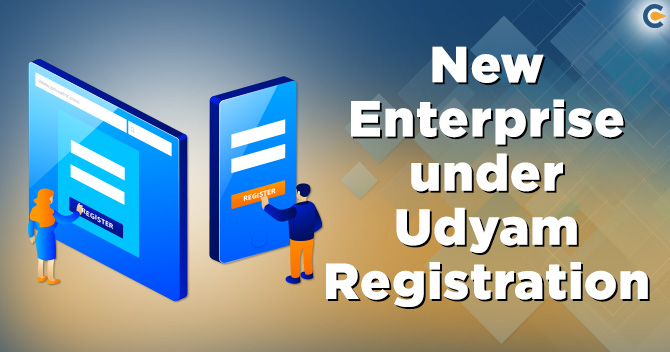The Lok Sabha passed the Insolvency and Bankruptcy Code (Second Amendment) Bill, 2020 which permits a corporate debtor and its creditors to start Insolvency Resolution Process. The previous ordinance forbids the beginning of proceedings in case of defaults arising during the 6 months period from 25th March, 2020 which is extendable up to one year.
A partner or a director can be held liable despite knowing that the proceedings should not be avoided, they did not apply due diligence in minimizing the potential loss to its creditors. The Ordinance has removed this provision for defaults.
Key Issues and Analysis of the Insolvency and Bankruptcy Code
The suspension of the Insolvency Resolution Process has raised several issues. They are as follows-
- It prohibits resolution in cases where the best way is to preserve the value of assets.
- It also removes the option of a debtor to avail the insolvency proceedings for reorganization.
- It is uncertain that why insolvency process against particular defaulters are prohibited.
- It can be questioned that whether a personal guarantor of a corporate debtor shall experience insolvency process for the defaults for which insolvency proceedings are not permissible against the debtor.
Characterstics of the Insolvency and Bankruptcy Code (Second Amendment) Bill, 2020
The key features of the Insolvency and Bankruptcy Code (Second Amendment) Bill, 2020 are as follows-


Read our article:Due Diligence: A Complete Run-Through
Prohibition on the commencement of Insolvency Proceedings for certain Defaulters
The Insolvency and Bankruptcy Code[1] permits a corporate debtor and its creditors to start Insolvency Resolution Process.The previous ordinance forbids the beginning of proceedings in case of defaults arising during the 6 months period from 25th March, 2020 which is extendable up to one year.
Liability for Wrongful Trading
A partner or a director can be held liable despite knowing that the proceedings should not be avoided, if they did not apply due diligence in minimizing the potential loss to its creditors. The Ordinance has removed this provision for defaults. The professional can apply in the NCLT bench to held persons liable for defaults. The Ordinance prohibited the professionals from filing application with relation to the defaulters.
Related Issues with the Insolvency and Bankruptcy Code (Second Amendment) Bill, 2020
Some related issues are discussed below-
Need for Suspension of the Corporate Insolvency Resolution process
The regulation forbids commencement of insolvency process against any defaulters arising during a particular period. This elevates the question that whether a complete suspension is required or not. Whereas, there is a need to safeguard companies whose insolvency is temporary. However, there is need to suspend the insolvency process to seek an alternative under the IBC framework.
Corporate debtor is barred to Initiate Insolvency Process
The decree prohibits the commencement of insolvency process by the corporate debtor. The question arises that whether the corporate debtor shall be prohibited from commencing insolvency process. An intended and timely commencement of insolvency process by any bankrupt debtor can maximize the repayment for the debtor.
Insolvency Process against the Specified Defaulters Prohibited Forever
The Ordinance states that no insolvency process can be initiated against any defaults taking place during the particular period. That can result in a situation where creditors are not capable to held the company liable for any defaults after the company’s ability to repay has been reinstated. It is uncertain why a debtor should be protected from the accountability for these defaults even after its temporary unfavorable situation has been solved.
Commencement of insolvency process against the personal guarantor to any corporate debtor
Under the Insolvency and Bankruptcy Code, insolvency process might be commenced against the personal guarantor of any corporate debtor. Personal guarantor is any individual who offers an assurance for the debt of any corporate debtor. While the regulations prohibit insolvency process against any corporate debtor for the defaults happening during the particular period, it does not prohibit such action against the personal guarantor.
Conclusion
The Insolvency and Bankruptcy Code (Second Amendment) Bill, 2020 permits a corporate debtor and its creditors to start Insolvency Resolution Process. The previous ordinance forbids the beginning of proceedings in case of defaults arising during the 6 months period from 25th March, 2020 which is extendable up to one year.
Read our article:What’s new in Indian Institutes of Information Technology Laws (Amendment) Bill, 2020
THE-INSOLVENCY-AND-BANKRUPTCY-CODE









